The Biggest Football Rivalry in Scotland: A Look at Rangers vs Celtic
The Scottish football scene is a unique and vibrant one, with a rich history of intense rivalries and passionate fans. However, there is one rivalry that stands out above all others – the rivalry between Rangers and Celtic. This is a rivalry that has been fuelled by political, religious and cultural differences, and has been the subject of much debate and controversy over the years.
In this article, we will take a closer look at the biggest football rivalry in Scotland, examining the history, culture and impact of Rangers vs Celtic. We will explore the roots of this rivalry, the key moments that have shaped it, and the impact it has had on Scottish football and society as a whole.

The Roots of the Rivalry
To truly understand the Rangers vs Celtic rivalry, it is important to look at the roots of the two clubs themselves. Rangers Football Club was founded in 1872, while Celtic Football Club was founded in 1888. From the very beginning, there were clear cultural and religious differences between the two clubs.
Rangers was established by a group of Protestant boys, while Celtic was founded by Irish immigrants who were predominantly Catholic. This religious and cultural divide was only exacerbated by the political situation in Scotland at the time, with tensions between Protestants and Catholics running high.
As both clubs began to grow and gain popularity, they became symbols of the two communities they represented. Rangers was seen as a club for Protestants and unionists, while Celtic was seen as a club for Catholics and nationalists. This division was further reinforced by the rivalry between Scotland and Ireland, with Celtic fans identifying strongly with their Irish roots.
The Key Moments
The Rangers vs Celtic rivalry has been fuelled by a number of key moments throughout its history. One of the earliest of these was the 1909 Scottish Cup Final, which saw the two clubs face off for the first time in a major final. Rangers won the match 2-0, but the game was marred by violence and disorder, with fans from both sides clashing in the streets.
Another key moment in the history of the rivalry was the 1980 Scottish Cup Final, which saw the two clubs face off in a match that is still remembered as one of the most violent in Scottish football history. The match was played against a backdrop of sectarian tension, and violence erupted both inside and outside the stadium.
Perhaps the most significant moment in the history of the Rangers vs Celtic rivalry came in 2012, when Rangers went into liquidation and were forced to restart in the lower leagues. This was a moment that sent shockwaves through Scottish football, and it had a profound impact on the balance of power between the two clubs.
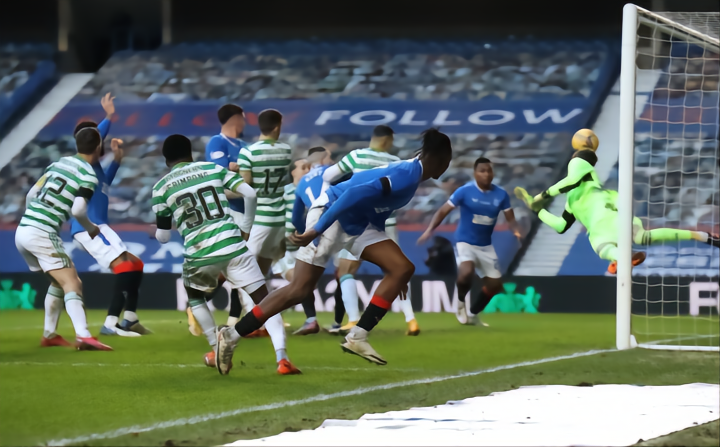
The Impact of the Rivalry
The Rangers vs Celtic rivalry has had a profound impact on Scottish football and society as a whole. It has been the subject of countless debates, discussions and controversies over the years, and it has shaped the way that people view Scottish culture and identity.
On the one hand, the rivalry has brought a great deal of excitement and passion to Scottish football, with matches between the two clubs often attracting huge crowds and intense media attention. On the other hand, it has also been the source of much sectarianism and division, with fans from both sides often engaging in offensive and abusive behaviour.
Overall, the Rangers vs Celtic rivalry is a complex and multi-faceted phenomenon that cannot be reduced to a simple binary of good versus evil. It is a rivalry that has been shaped by history, culture and politics, and it will continue to be a subject of fascination and controversy for many years to come.



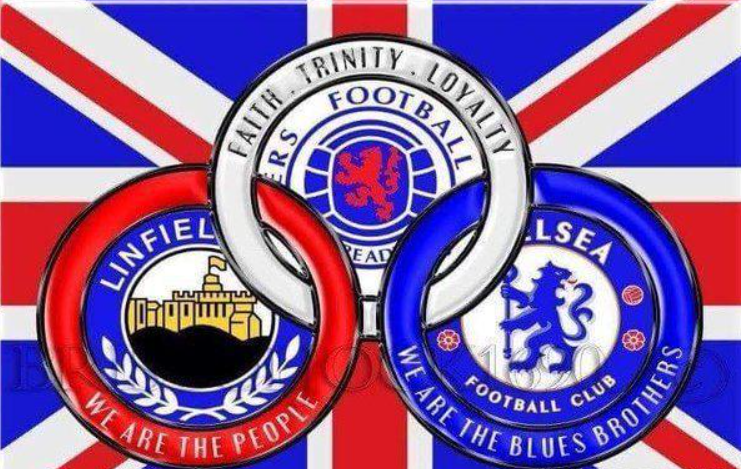

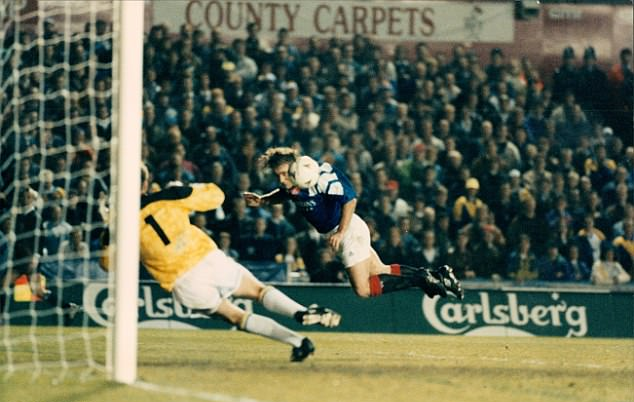


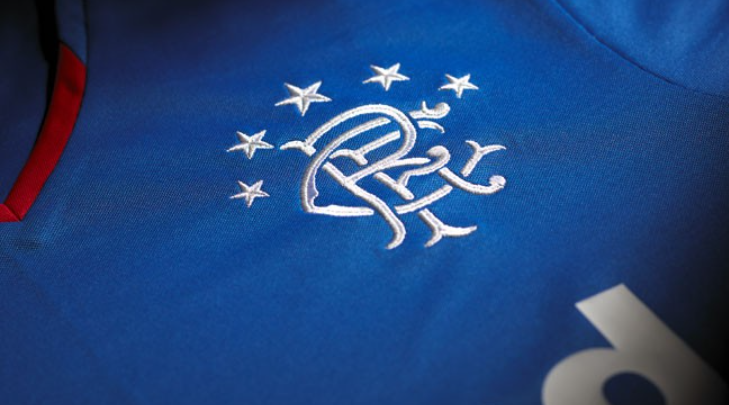

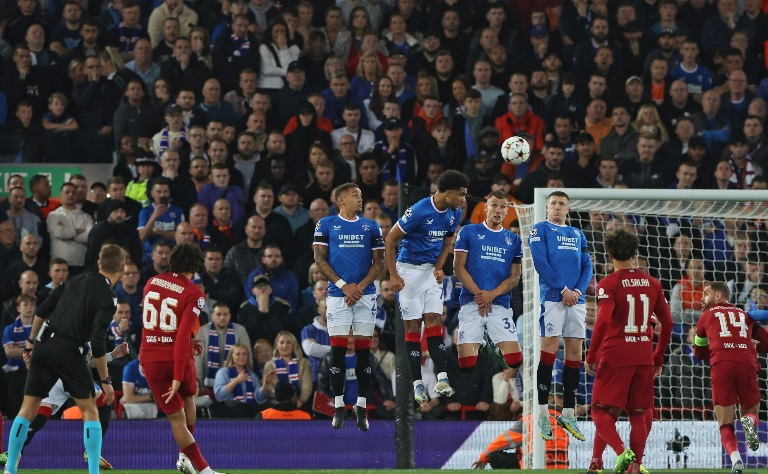

 Arsenal
Arsenal